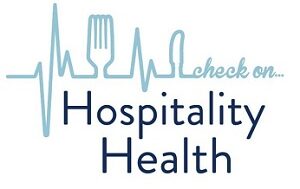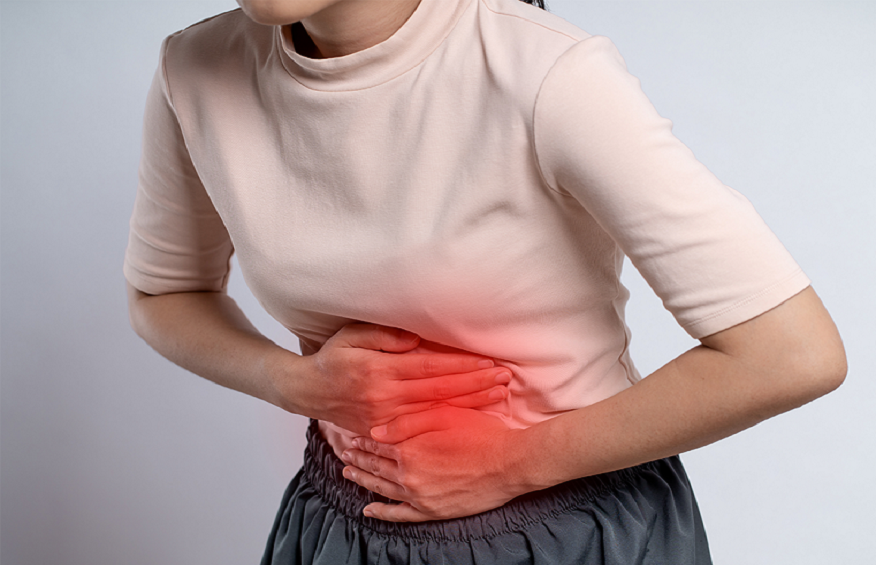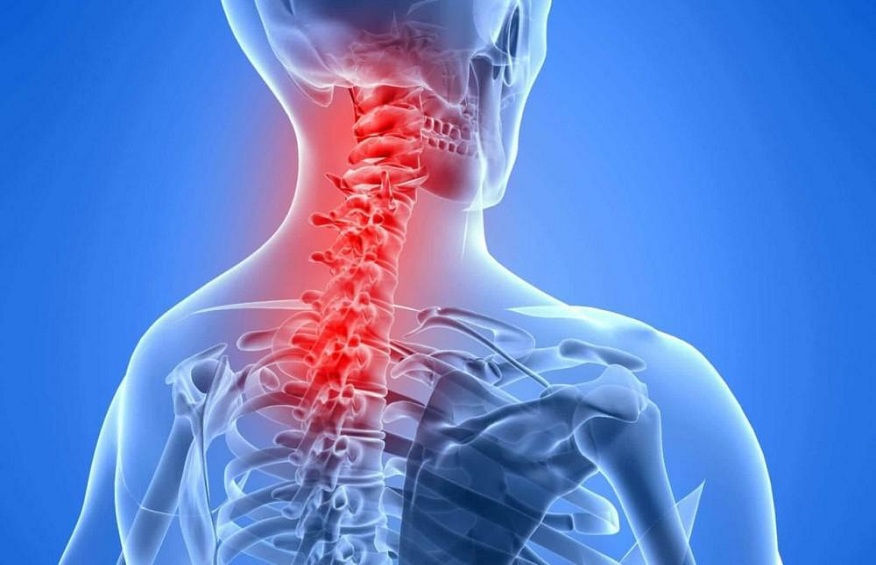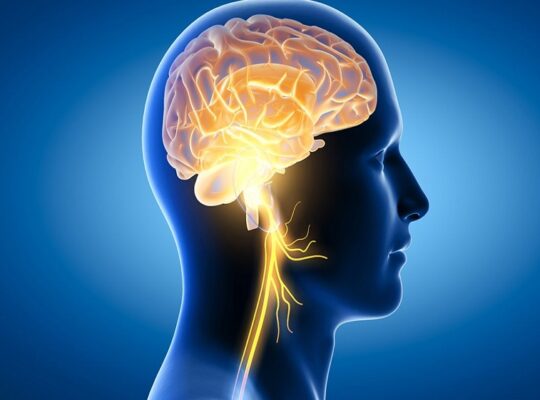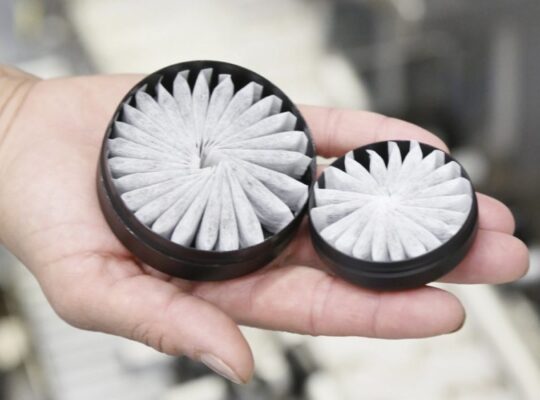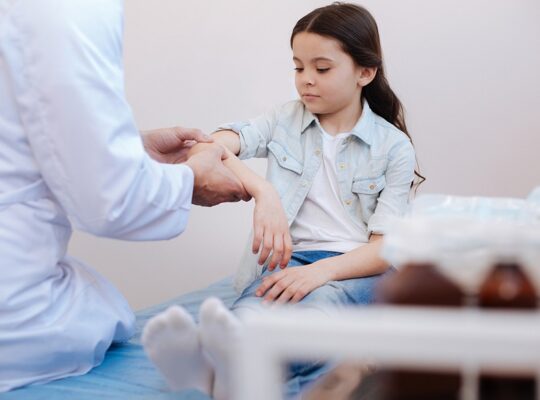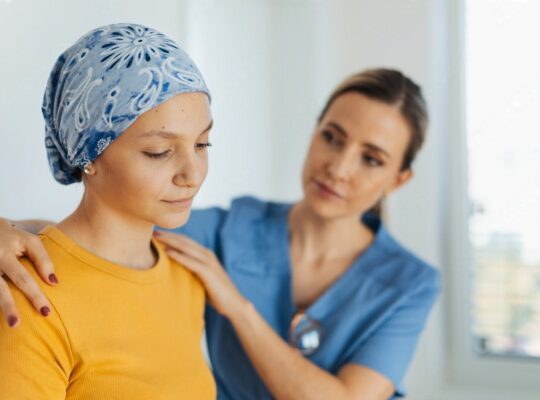Introduction to Rosacea
Have you ever met someone with flushed cheeks and thought, “What a rosy complexion!”? Sometimes, behind that flush lies a condition called 玫瑰痤瘡. Let’s dive in!
What is Rosacea?
Rosacea is a chronic skin disorder characterized by redness, swelling, and small red bumps on the face. It’s not just a temporary flush; it’s a long-term skin condition. But why should we care?
Why it matters
Beyond the physical symptoms, Rosacea can significantly affect one’s self-esteem and quality of life. Knowing about it can foster understanding and compassion.
Managing Rosacea Flare-ups
Individuals with rosacea can take proactive steps to manage and prevent flare-ups. By identifying and avoiding triggers, staying consistent with prescribed treatments, and making certain lifestyle adjustments, they can experience significant improvements in their symptoms. Quick relief measures, such as applying a cool compress to the affected areas, can also provide temporary relief during flare-ups.
Makeup Tips for Rosacea
Using makeup correctly can help conceal 酒渣鼻 symptoms and boost confidence. Here are some makeup tips for individuals with rosacea:
- Color-Correcting Primers: Use green-tinted primers to neutralize redness.
- Mineral Makeup: Choose makeup products that are gentle on the skin and non-comedogenic.
- Light Coverage Foundation: Avoid heavy foundation and opt for light coverage.
- Concealers: Use concealers to cover specific red areas and blemishes.
Rosacea vs. Acne: What’s the Difference?
Rosacea is often mistaken for acne, but they are different conditions with distinct characteristics. Understanding the differences can help with accurate diagnosis and treatment. Here’s a comparison:
Causes of Rosacea
What causes this ruddy complexion? Let’s explore.
Genetics
Like inheriting your grandma’s eyes, Rosacea can run in families. If your relatives have it, you might be more at risk.
Environmental Factors
Ever noticed red cheeks on a cold day? Extreme temperatures, spicy foods, or even wind can trigger Rosacea.
Immune System Responses
Your body’s defense mechanism might sometimes overreact, leading to inflammation – a potential cause for Rosacea.
Symptoms and Types of Rosacea
Rosacea wears many hats. Or should we say faces?
Type 1: Erythematotelangiectatic Rosacea
Sounds complex, right? Simply, it’s redness and visible blood vessels.
Type 2: Papulopustular Rosacea
Think acne-like breakouts, but it’s not your teenage nightmare.
Type 3: Phymatous Rosacea
Ever seen a thickened skin on the nose? That’s this type.
Type 4: Ocular Rosacea
Your eyes aren’t playing tricks; this type affects them, causing redness and irritation.
Treatment Options
Is there a light at the end of this red tunnel? Absolutely!
Over-the-counter treatments
Some creams and gels can help. But remember, always patch-test first!
Prescription Treatments
For stubborn Rosacea, doctors can prescribe stronger treatments.
Natural Remedies
Green tea or chamomile creams, anyone? Nature might have some solutions.
Living with Rosacea
It’s not a life sentence; it’s just a condition. With some tweaks, life can be rosy again!
Daily skincare tips
Gentle cleansers, SPF, and moisturizing are your best friends.
Lifestyle modifications
Avoid triggers, manage stress, and remember: You’re not defined by your skin!
Conclusion
Rosacea, while challenging, is manageable. With knowledge, care, and the right approach, those living with Rosacea can lead fulfilling, confident lives.
FAQs
1. Is Rosacea contagious?
- No, you can’t catch it from someone.
2. Can I wear makeup if I have Rosacea?
- Yes, but opt for non-comedogenic and hypoallergenic products.
3. Are there certain foods I should avoid?
- Spicy foods and alcohol can be triggers for some.
4. How is Rosacea diagnosed?
- Typically, through a visual examination by a dermatologist.
5. Is there a cure for Rosacea?
- No cure, but treatments can significantly manage and reduce symptoms.
